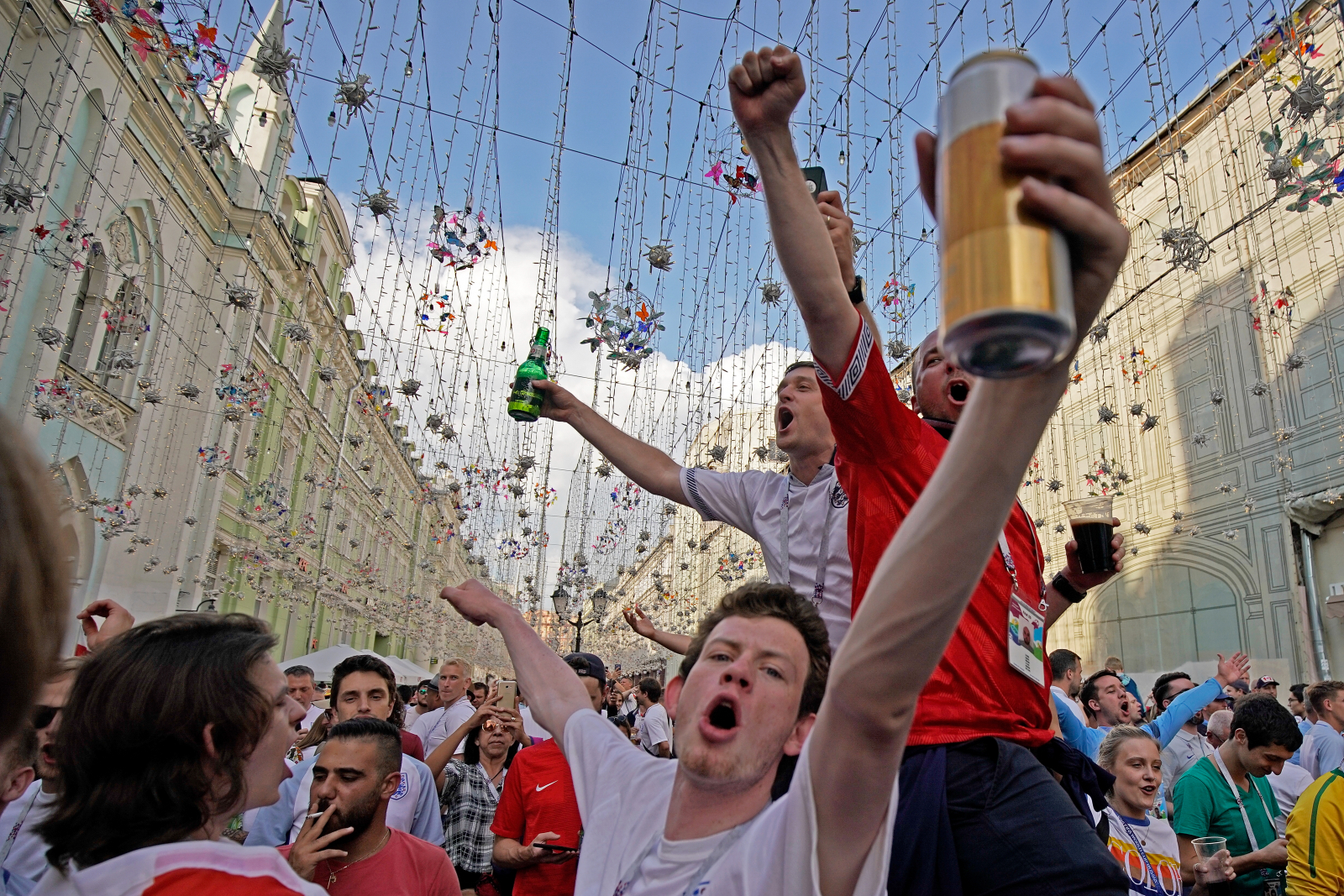LONDON — A spike in consumer spending driven by warm weather and England's surprise advance to the semifinals of the soccer World Cup helped the British economy post its best growth in nearly two years during the third quarter, official figures showed Friday.
However, the 0.6 percent quarterly rate may not be sustainable. It was mostly reliant on a sharp pick-up in consumption, particularly of food and drink, during July, when temperatures regularly surpassed 30 degrees Celsius (86 degrees Fahrenheit) and Harry Kane led his England team to the final four in Russia.
The economy then stagnated during August and September, suggesting it remains hobbled by concerns surrounding the Brexit process.
The third-quarter performance recorded by the Office for National Statistics was the highest since the fourth quarter of 2016, just after the country voted to leave the European Union. It also means that Britain's growth outpaced the 0.2 percent quarterly tick recorded by the 19-country eurozone during the same period.
Britain's chancellor of the exchequer, Philip Hammond, said the figures show the "underlying strength" of the British economy.
"We are building an economy that works for everyone, with 3.3 million more people in work, lower unemployment in every part of the country, and wages rising at their fastest pace in almost a decade," he said.
What happens next, as Hammond has conceded, depends largely on the outcome of the Brexit discussions between the British government and the EU.
There are reports that a deal may be struck as soon as next week but there remain questions as to whether British Prime Minister Theresa May will be able to get enough lawmakers in Parliament to approve it. If lawmakers reject it, concerns would swell that Britain could crash out of the EU in March with no deal on future relations and no transition period to those new arrangements. In that scenario, tariffs would be placed on trade with the 27 other EU countries, border checks would be reinstalled, and restrictions could hit travelers and workers.
Since the Brexit vote of June 2016, British consumers have largely become more cautious about spending, partly as a result of a rise in prices generated by the pound's fall. A recent pick-up in wages should help shore up consumer spending over coming months — in the absence of any Brexit shock.
Businesses have also been wary of investing in light of the uncertainty around the economy, and Friday's figures showed a third straight quarterly fall.
Many economists think it won't become clear before next year what Brexit means for the economy and that many firms will enact contingency plans over the coming months, which could hit investment and hiring.
"We think the economy has a challenging few months ahead of it," said James Smith, an economist at ING.


